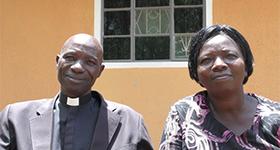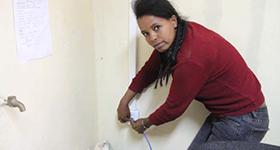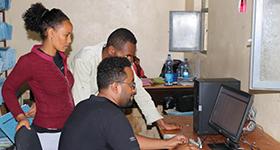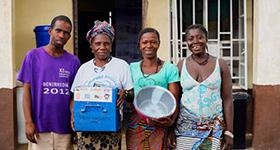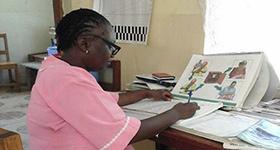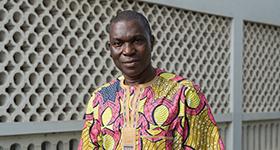Background
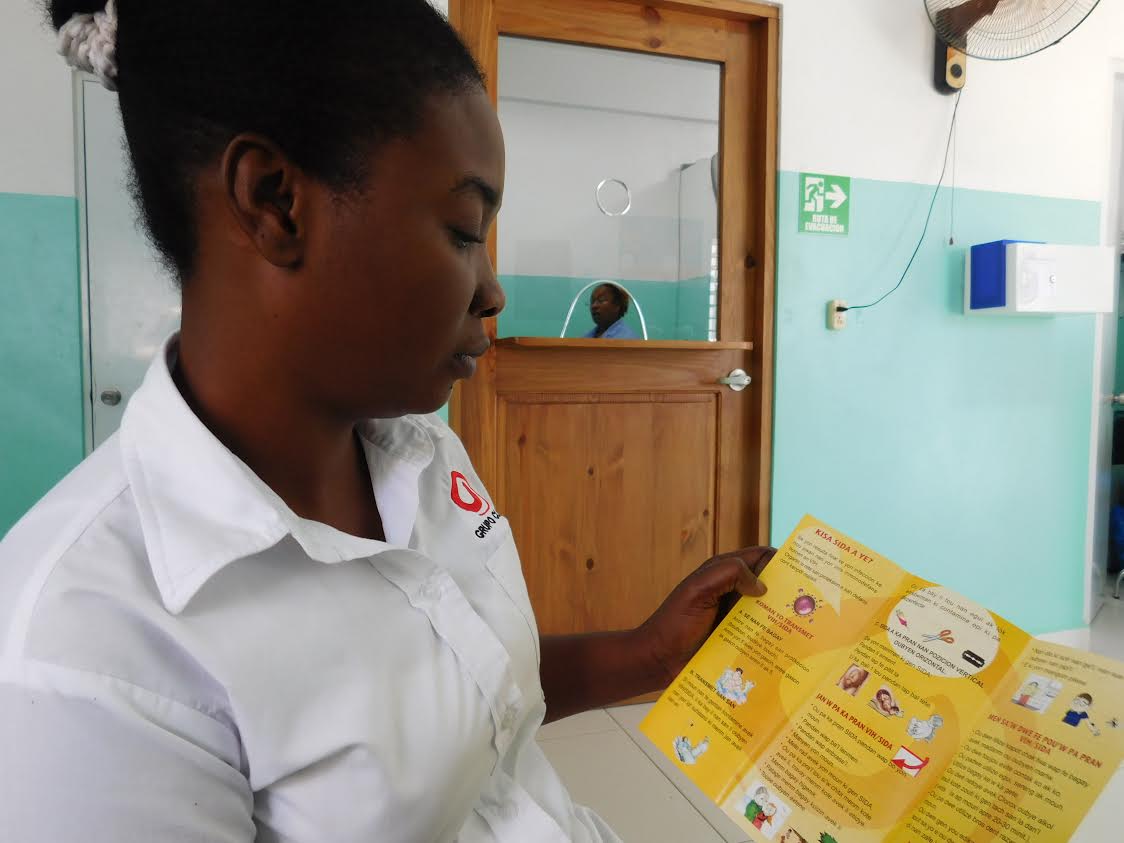
Ramona, a navegadora for Haitian clients, reviews a pamphlet in Creole.
“I swear I am a whole new person,” says Altagracia, one of 179 people who started HIV treatment in 2017 at Hospital Ricardo Limardo in the Dominican Republic province of Puerto Plata. Altagracia, who is 49, lives in the town of La Isabela, 63 kilometers from the hospital where she gets treatment. “I only had to wait 30 minutes to get my HIV test results— and two days later, I had started my medicine.” Altagracia also receives counseling for the emotional violence from her partner that she experienced for many years. “I’ve never missed taking my medicine,” she states. “If for some reason I can’t make an appointment, they call me right away to find out what’s wrong, and reschedule, helping me ensure I’m successful.” Like Altagracia, dozens of people visit Hospital Ricardo Limardo on a daily basis.
Intervention
Patients’ ability to get such comprehensive care has not always been the norm. The changes began when, in October 2017, the HIV clinic at Ricardo Limardo, a public hospital, was “twinned,” or partnered, with the Center for Human Promotion and Solidarity (CEPROSH) and the community-based organization Grupo Clara to improve the quality of their HIV services. A significant achievement from twinning has been reducing the number of patients who leave Hospital Ricardo Limardo before receiving their HIV diagnosis from 12 percent to zero.
CEPROSH and staff from Hospital Ricardo Limardo met to discuss best practices and challenges, ranging from clinical management of patients on antiretroviral therapy to management of gender-based violence and reducing HIV stigma and discrimination in health services. As a result of this collaboration, Hospital Ricardo Limardo has completely reorganized its HIV services and made the following changes:
- Expanded HIV clinic hours to include afternoons.
- Hired Creole-speaking “navegadores” to help Haitian patients navigate services.
- Increased clinical and laboratory staff.
- Expanded counseling hours.
- Increased efficient use of physical space and equipment.
- Organized patient records and improved data management.
Grupo Clara is helping Hospital Ricardo Limardo provide community outreach workers who offer psychosocial support for treatment adherence. He is also helping to trace those who do not report for follow up to counseling and bring them back to care.
Outcomes
Dr. Griselda Díaz, a clinician at Ricardo Limardo agrees. “Many things have changed for the better at our clinic, from the physical environment to the quality of our care.” She continues, “We learned there is a correct methodology for everything…managing treatment protocols, review and follow up of CD4 and viral load test results, identifying patients at risk for defaulting, and understanding the special needs of key populations.” Dr. Amanda Gomez adds, “Before, patients just came and got their medicine. Now we can verify if patients are actually taking their medicine.”
Altagracia’s life has changed because her mental and physical health has improved. She now talks with her friends about HIV and the importance of being tested, and has accompanied some of them to Ricardo Limardo for services. “I’m committed to giving other women who might have HIV and not know it the same chance I had to change my life.”
Dr. Díaz attributes Altagracia’s turnaround to the transformation at Ricardo Limardo, which was a result of its twinning with CEPROSH and Grupo Clara. The hospital’s improved HIV clinic and the greatly increased quality of services provided to its patients demonstrate the twinning process’ role in strengthening national capacity to implement high-quality models of care.

